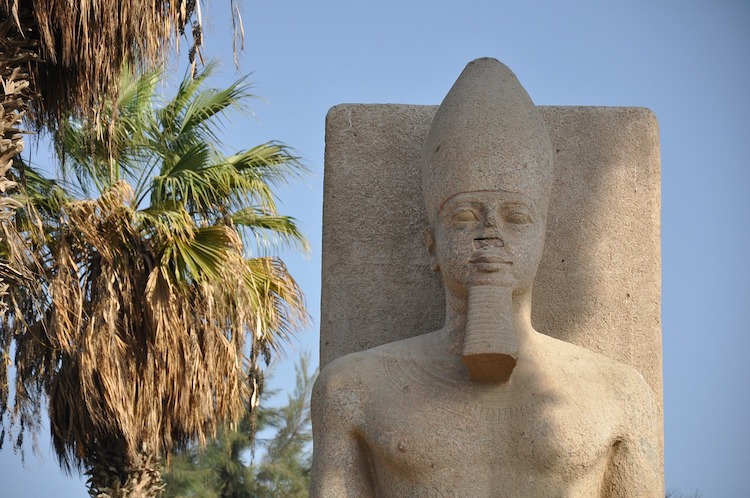Everyday Life in Ancient Egypt: A Journey Through Time with a Fictional Family
This course brings ancient Egypt to life in a way that’s both engaging and easy to understand, offering a unique perspective on a fascinating civilisation.
Interested in attending any future dates of this course?
Register your interest now
Description
Take a fascinating journey into ancient Egypt, around 1340–1260 BC, and experience the culture and history of this incredible civilisation through the lives of a fictional family. In this course, you’ll explore what it was really like to grow up, work, travel, marry, and face life and death in ancient Egypt. Using evidence from workmen’s villages, we’ll delve into key aspects of daily life, including childhood, education, employment, the law, and beliefs about the afterlife.
Set during the dramatic Amarna and early Ramessid periods, we’ll also uncover major historical events like the death of Tutankhamun and Ramesses II's famous Battle of Kadesh. Each session begins by checking in with our fictional family, giving you a glimpse into their lives, before diving into the bigger picture of their time. Together, we’ll explore why they lived the way they did, what challenges they faced, and how history shaped their world. This course brings ancient Egypt to life in a way that’s both engaging and easy to understand, offering a unique perspective on a fascinating civilisation.
Expected learning outcomes
- Gain an understanding of ancient Egyptian religion, culture and daily life.
- Gain an understanding of how historians gather evidence of ancient Egyptian daily life from workmen’s villages.
- Explore the transition from the Amarna Period to the later New Kingdom.
- Be able to discuss ancient Egyptian history as it would have affected the ancient Egyptians living through it.
Course outline
Birth and Death (1340-1320BC): This class provides an introduction to our ficitonal family as they work in the Akhetaten workmen’s village during the reigns of Akhenaten, Tutankhamun and Ay. It provides an overview to Egyptian religion and Akhenaten’s Amarna religion, how the Amarna Period differed from “normal” Egyptian life, and the roles of workmen. For our family, it covers childbirth medical practices and both elite and lower-class burials. Main themes: religion, art, childbirth, burial.
Learning and Growing (1320-1300BC): Against the backdrop of Horemheb’s rule and the transition to the Ramessid era, our family is relocated to the Deir el-Medina worker’s village. It explores their political backdrop and the roles in society they are able to be educated for, as well as childhood mortality. Main themes: education, politics, geography, social roles.
Change and Communication (1300-1280BC): Seti I becomes king and the family separate into their individual households. We explore a legal case and remarriage after widowhood, as well as womens’ interactions within households. Tomb construction begins for the family, with discussions of how priests and artisans constructed their tombs. The family communicate across great distances and weddings occur. Main themes: law, households, communication, science.
Death and Rebirth: As Ramesses II becomes king, the course discusses warfare and kingship in the New Kingdom, as well as international trade. Premature death is discusses and emergency burials, as well as death in warfare. The course covers how these different characters will expect to experience the afterlife. Main themes: death, warfare, the afterlife, trade.
Who should attend?
This course is for any one interested in the history and culture of ancient Egypt, how historians construct “daily life” stories, or daily life in ancient Egypt.
About your tutor
Elizabeth Leaning is an expert in ancient Egyptian astronomy and religion who has taught and tutored courses in Egyptian history, Egyptian language and Mediterranean culture at the University of Auckland, as well as Study Abroad Trips to Egypt in 2019 and 2023. She recently received her Master's in Ancient History with first-class honours from the University of Auckland. She is currently studying for a PhD in the University of Auckland, co-supervised by McMaster University in Canada. Her research, conference presentations and publications focus on ancient Egyptian science, early ancient Egyptian history, and the reception of ancient Egypt in modern media.


